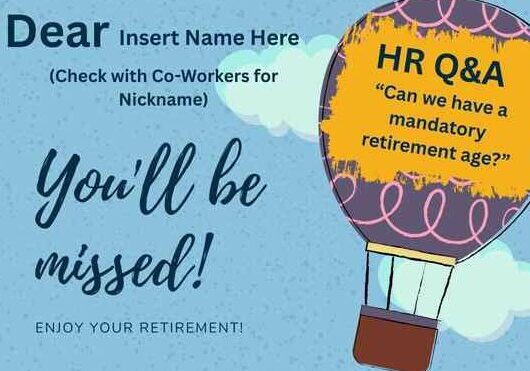HR Q&A – How Best To Notify An Unsuccessful Job Candidate?
by Paul Devlin
When it comes to notifying candidates who were interviewed but not selected, a debate arises in HR circles—should you call them, or is an email sufficient? Both approaches have their merits and potential drawbacks. Making the right choice depends on factors like the candidate experience, your company culture, and the effectiveness of communication. This blog dives into the pros and cons of each method and offers guidelines to ensure your rejection process is handled professionally and thoughtfully.
Best Practices for Delivering Rejection Notifications
Whether you opt to call or email, the key is to approach rejection notifications with sensitivity and professionalism. Consider these strategies for both methods:
For Calls
- Plan the Conversation: Have notes ready about the decision and specific feedback to share. Stay empathetic but firm in delivering the message.
- Choose the Right Timing: Make calls during normal business hours, when candidates are less likely to feel blindsided.
- Focus on Growth: Frame feedback constructively, offering advice on how the candidate might improve or what stood out positively about their candidacy.
For Emails
- Personalize the Message: Avoid generic language at all costs. Address the candidate by name and reference specific aspects of their application or interview.
- Show Appreciation: Thank them explicitly for their time and interest in your company.
- Offer a Follow-Up Option: Provide an opportunity for the candidate to reply if they have additional questions or would like constructive feedback.
The Impact on Reputation and Future Recruitment
Candidates who feel valued during the recruitment process—even if not selected—are more likely to recommend your company to others or apply again in the future. Conversely, poor rejection communication can lead to negative reviews on platforms like Glassdoor, potentially deterring future talent.
Take LinkedIn, for example. The company often pairs rejection emails with direct links for candidates to provide feedback about their hiring experience. This proactive approach helps refine their processes while showing that they value every applicant’s perspective.
Actionable Recommendations for HR Managers
- Assess the Situation: For higher-level roles or small candidate pools, a call may be appropriate. For roles with many applicants, a well-crafted email is more practical.
- Train Managers and Recruiters: Regardless of the method chosen, ensure consistency and professionalism through training. Develop templates and scripts as needed.
- Gather Feedback: Regularly survey rejected candidates about their experience to identify areas for improvement in your notification process.
- Adopt a Balanced Approach: One option is to send a personalized email first, then offer a follow-up call for candidates who would like further clarification.
Final Thoughts
Rejection is never easy—for candidates or for those delivering the news. But by putting care and thought into how you communicate decisions, you can turn a potentially negative experience into an opportunity to strengthen your employer brand and build long-lasting goodwill.
When in doubt, prioritize empathy and clarity. After all, today’s rejected candidate could be tomorrow’s perfect hire—or your company’s biggest advocate in the talent market.
This blog does not constitute formal HR or legal advice and does not address state or local law. Our HR Resource Center by Mineral offers further advice and sample templates for this and many other topics. For a small additional fee you can also speak to a live HR Specialist. Contact your friendly APlus Payroll CSS for further information (including login details) or login here. Wanting to know how we can help your Payroll process? Please contact us here. Consultation is friendly and free!




